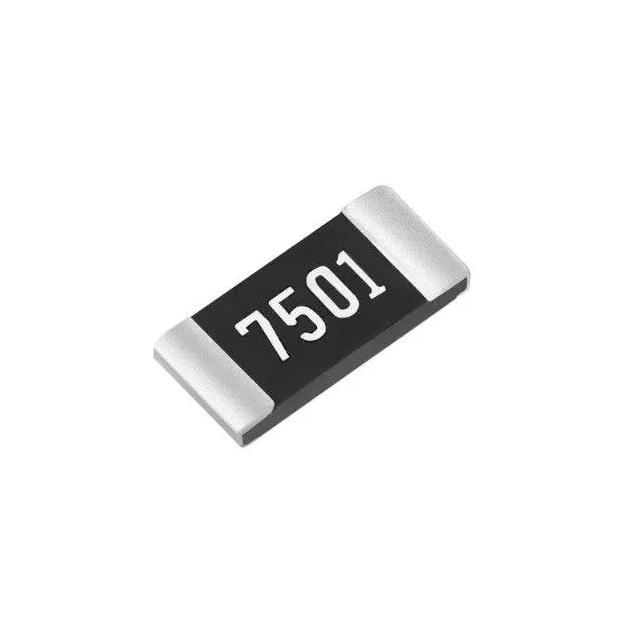As technology continues to advance, the demand for efficient and reliable wireless charging solutions has grown exponentially. This has led to the development of innovative components such as adjustable inductors, signal transformers, and delay lines, which play a crucial role in the performance of wireless charging coils. In this blog, we will explore the versatility of these components and their impact on the evolution of wireless charging technology.
Adjustable inductors are essential components in wireless charging coils as they allow for precise tuning of the coil's resonant frequency. This is crucial for optimizing the efficiency and performance of the wireless charging system. By adjusting the inductance, the resonant frequency of the coil can be fine-tuned to match the frequency of the charging transmitter, ensuring maximum power transfer and minimizing energy loss. This level of customization is particularly important in applications where space and power efficiency are critical, such as in portable electronic devices and automotive wireless charging systems.
Signal transformers also play a vital role in wireless charging coils by providing isolation and impedance matching between the transmitter and receiver circuits. This is essential for maintaining signal integrity and minimizing interference, which can significantly impact the efficiency and reliability of the wireless charging system. Signal transformers help to ensure that the power transfer between the transmitter and receiver is optimized, resulting in faster charging times and improved overall performance.
In addition to adjustable inductors and signal transformers, delay lines are another important component in wireless charging coils. Delay lines are used to introduce a controlled delay in the signal path, which is crucial for synchronization and timing in wireless charging systems. By precisely controlling the timing of the signals, delay lines help to ensure that the power transfer between the transmitter and receiver is synchronized, resulting in efficient and reliable wireless charging.

While adjustable inductors, signal transformers, and delay lines are essential for optimizing the performance of wireless charging coils, fixed inductors also play a significant role in these systems. Fixed inductors are used to provide stable and consistent inductance values, which are essential for maintaining the resonant frequency and overall performance of the wireless charging coil. By combining adjustable and fixed inductors, wireless charging coils can be designed to meet the specific requirements of different applications, resulting in a versatile and adaptable solution for wireless power transfer.
The versatility of these components extends beyond traditional wireless charging applications. With the increasing demand for wireless power transfer in various industries, such as automotive, medical, and industrial sectors, the need for customizable and efficient wireless charging solutions has never been greater. Adjustable inductors, signal transformers, delay lines, and fixed inductors offer the flexibility and performance required to meet the diverse needs of these industries, making them essential components in the evolution of wireless charging technology.
In conclusion, the versatility of adjustable inductors, signal transformers, delay lines, and fixed inductors plays a crucial role in the performance and efficiency of wireless charging coils. These components enable precise tuning, impedance matching, synchronization, and stability, resulting in optimized power transfer and reliable wireless charging solutions. As the demand for wireless power transfer continues to grow, the importance of these components in shaping the future of wireless charging technology cannot be overstated. Their adaptability and performance make them indispensable in the development of innovative and efficient wireless charging solutions for a wide range of applications.
